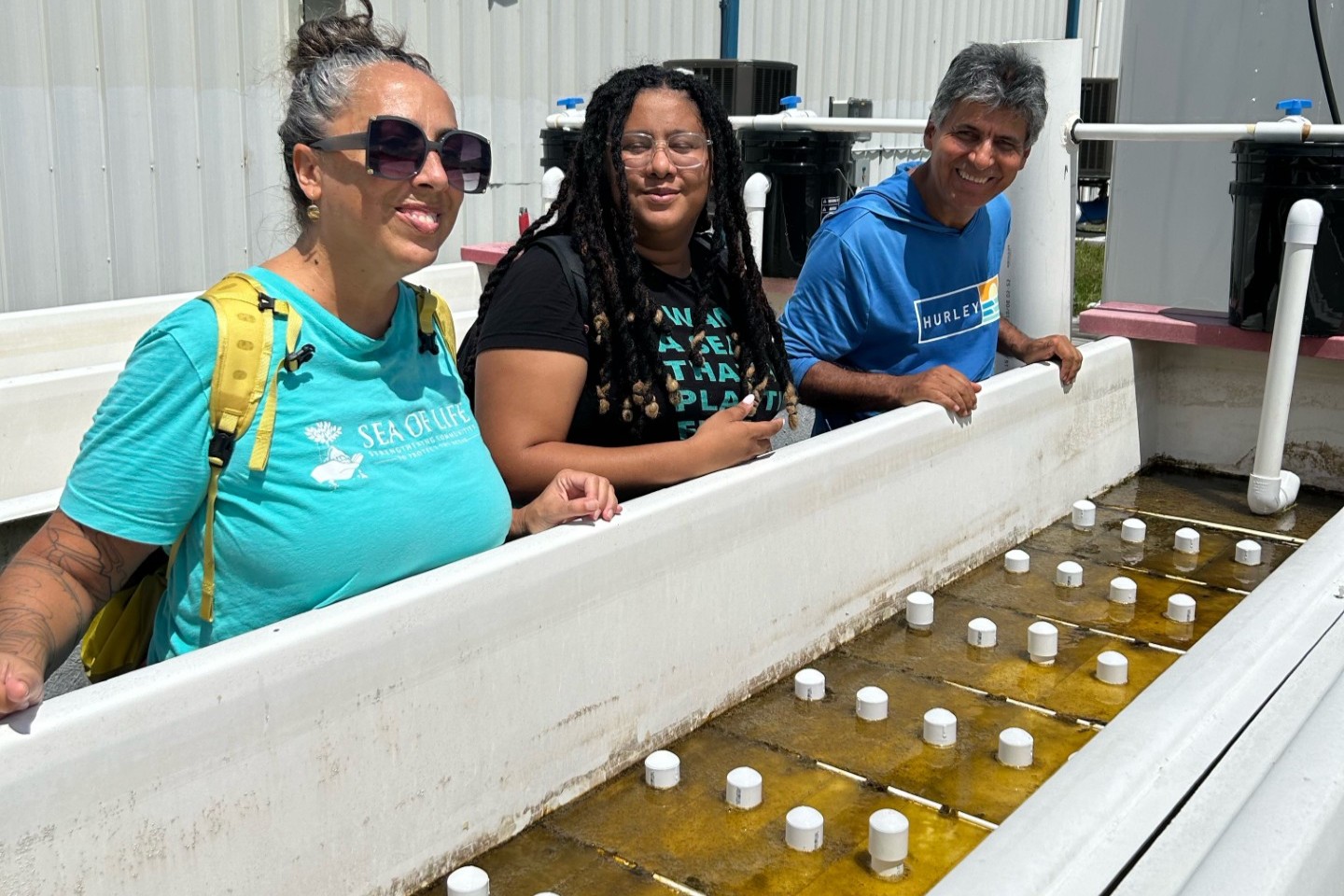Changing People, Plastics, and Possibilities for Belize’s Ocean: Inside Sea of Life’s Plastic Solution Academy
A Shift at Wesley College
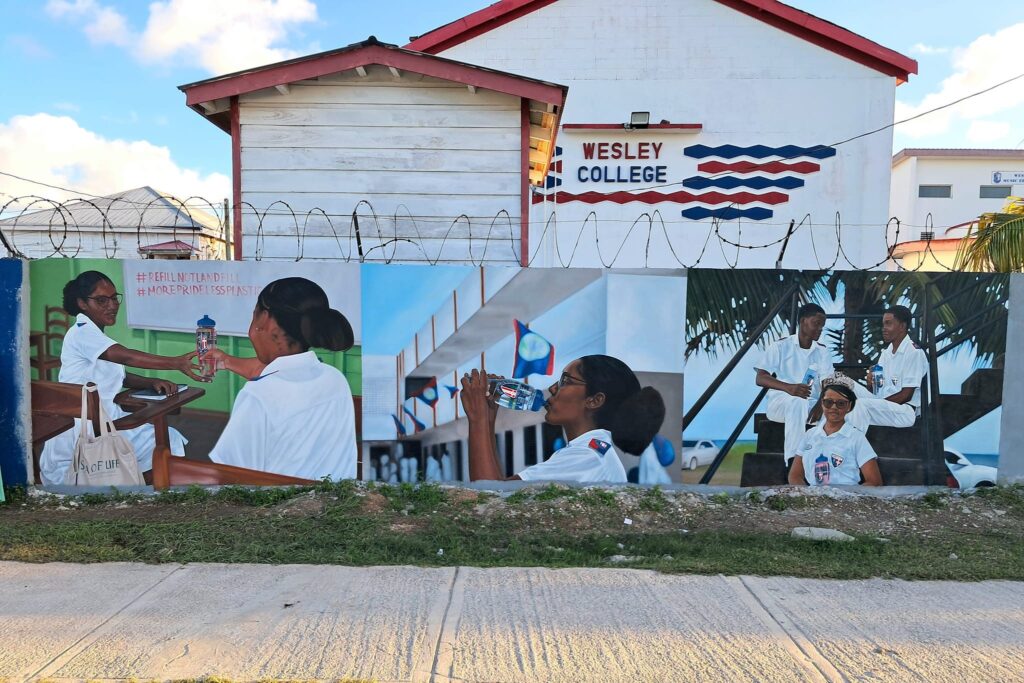
The plastic water pouch crinkles in a student’s hand at Wesley College in Belize City. Just one year ago, these “shilling wata” pouches were everywhere, stacked in bins and across the compound, tossed after every break. Now? They are rare.
In 2024, Sea of Life (SoL) piloted Belize City’s first refillable campus, a system that replaces single-use plastics with refill water stations, at Wesley College. Since then, the school cut plastic pouch use by over 85 percent, raised over BZ$10,000 for its own programs, and parents are saving about BZ$300 per year through low-cost, unlimited on-campus water. And the Caribbean Sea, just beyond the campus, is getting a break from thousands of pieces of plastic that used to end up in the water.
People First: SoL’s Approach to Conservation
Plastic pollution has joined climate change and biodiversity loss as a major environmental crisis of our time. Addressing it can feel bigger than any one community. For countries like Belize, dependent on the ocean, the stakes couldn’t be higher. Yet we continue to import, consume, and struggle to manage the plastic waste that remains.
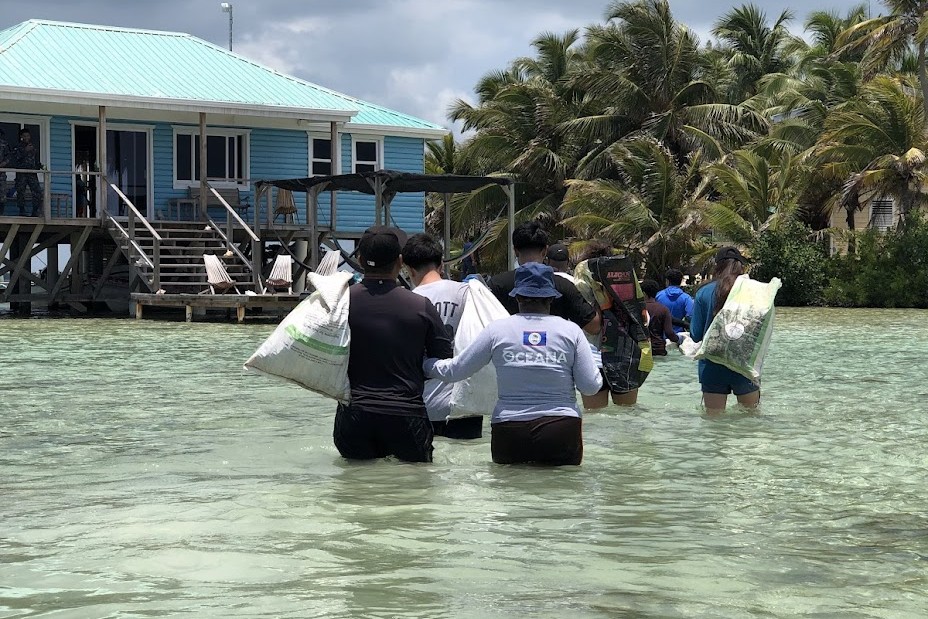
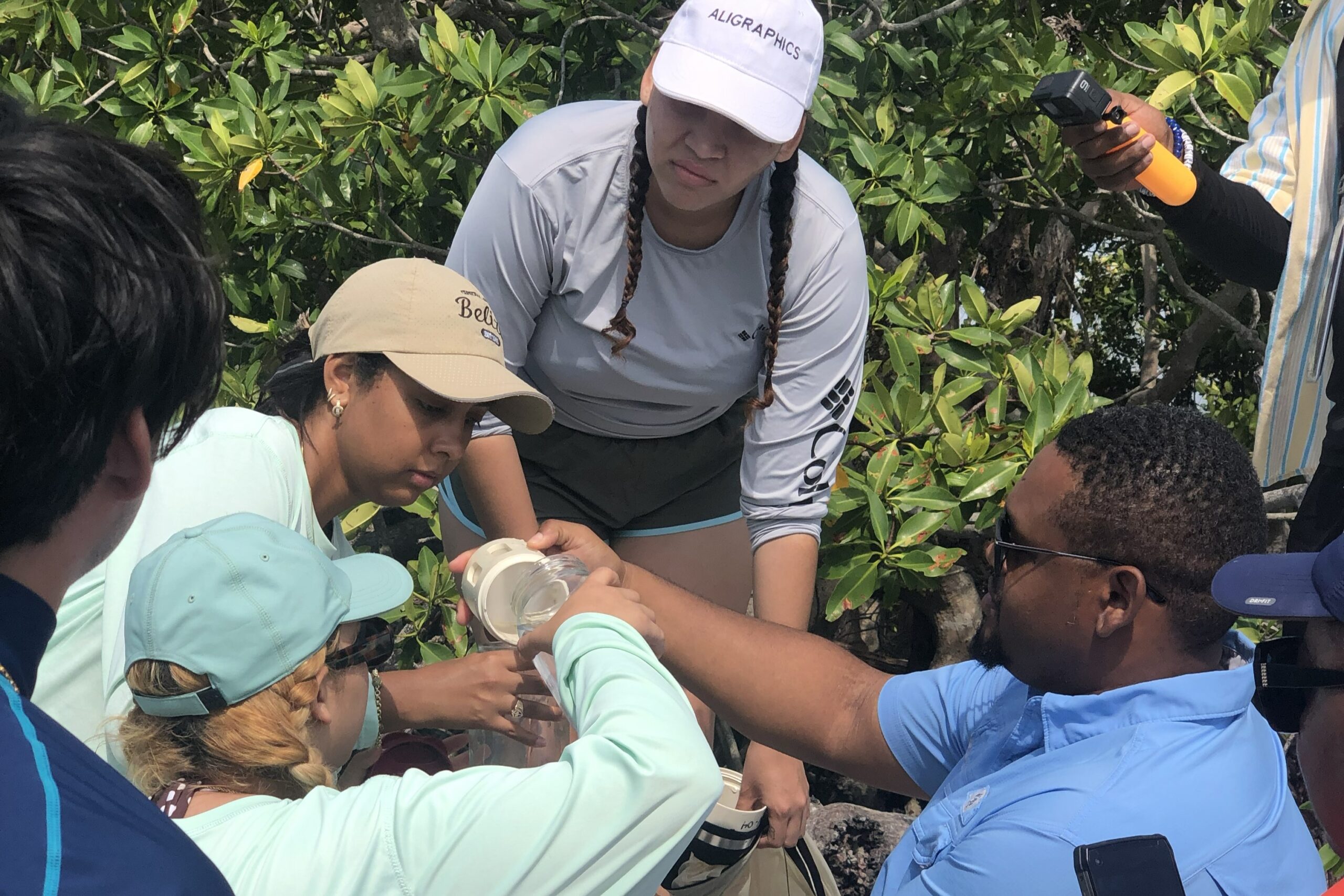
For Executive Director Paulita Bennett-Martin, the solution begins with people: invest in them first, and the ocean benefits for the long run. “We saw a gap,” she explains. “Conservation often counts hectares protected and miles of sea secured, then tells people it will benefit them later. We asked: what if we invest in people now, skills, livelihoods, confidence, and let that transform the environment over time?”
With a BZ$150,000 grant over 24 months from the Belize Fund, SoL is scaling its Plastic Solution Academy, a hands-on program where Belizeans learn to turn plastic problems into ocean-friendly products and real businesses.
Innovation Through the Plastic Solution Academy
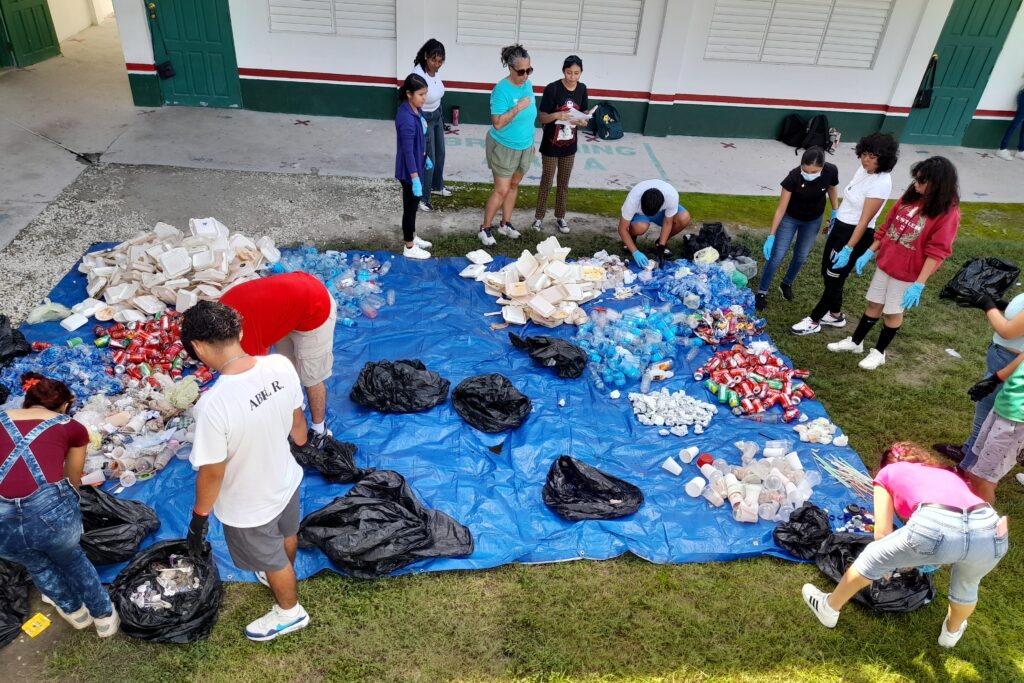
For SoL, these aren’t one-off pilots. They’re testing a new way of doing business, where ocean-friendly choices become the easiest option, not the hardest. And Paulita is clear-eyed about what it takes: “We look for avenues that are scalable and replicable—schools, tourism, and trade. Imagine standardizing refill systems across schools. Imagine reef-friendly tourism corridors where plastic-free is the norm. And imagine shifting import incentives so non-plastic products become the easier, cheaper choice.”
SoL’s community approach turns waste cleanups into “waste audits,” where students and residents sort and count every item, brand by brand. “It’s part cleanup, but the bigger part is connection,” Paulita says. “When someone stares at 1,200 pieces of waste, separates them, and learns how plastic breaks down, they leave empowered to have stronger conversations and to act at home or at work.”
The model is already spreading. Wesley College’s success is expanding to three new campuses in Dangriga, Corozal, and Orange Walk in 2025, and schools from other districts keep calling. “If you can do something positive in five to ten schools, well then you have a model for change the government can adopt countrywide,” Paulita says.
But none of this happens without funding, the right kind.
Growing Momentum Across the Country
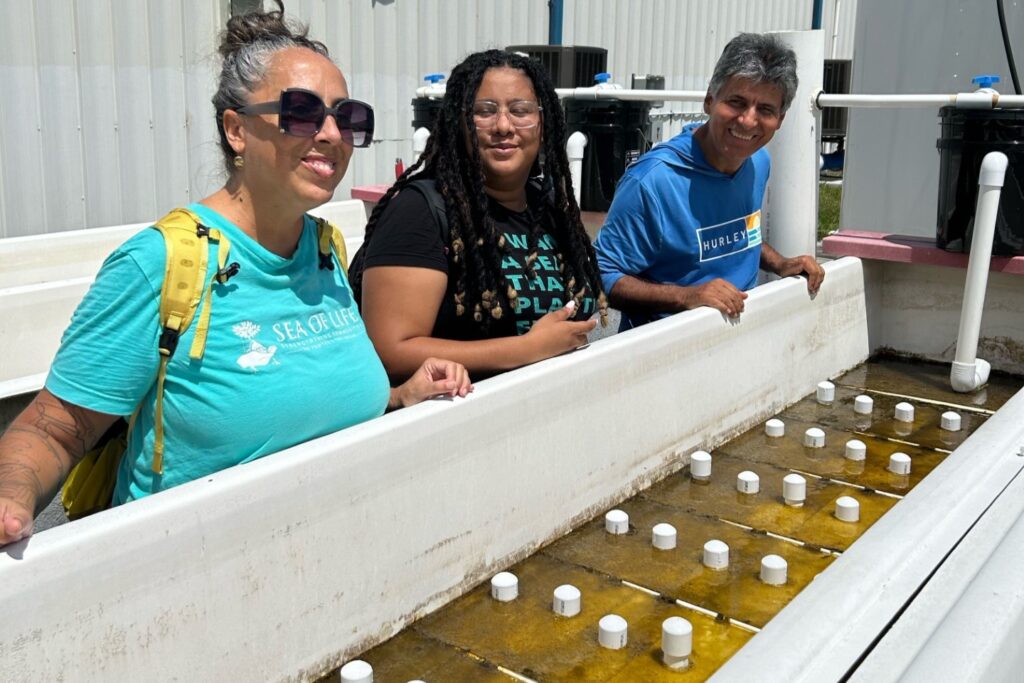
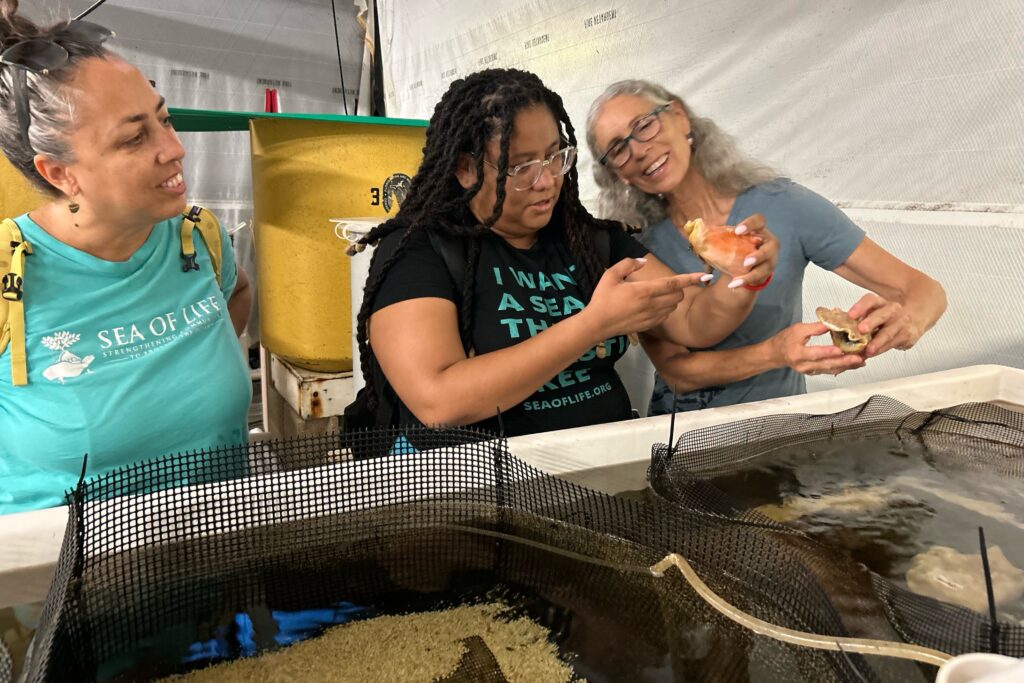
This year, 15 Academy graduates from five districts pitched market-ready ideas. Two fellows are now prototyping solutions that could spread across Belize’s coastal businesses and tourism industry. One team, Zero Belize, is developing an alternative thin film to replace single-use plastics, made from sargassum, the invasive seaweed that washes up on our beaches. Another, led by Belizean travel influencer 501 Bae, is designing a resort-quality tote bag line to replace plastics in hotel rooms. It is a Belize-made signature item for eco-tourism, “like a bathrobe: if you love it, you keep it.”
“We’re in the research and development phase,” Paulita notes. “We’re connecting fellows with makers already supplying high-end eco-resorts so the products meet that standard.”
Bold Targets, Broader Movement, and Multi-Year Funding
“This multi-year support is empowering,” Paulita says of Belize Fund’s grant. “It gives stability—to not be in hunt-and-gather mode all the time. We can build, experiment, and think beyond the next quarter. We have breathing room to innovate and give the best impact possible, rather than constantly scrambling for survival.”
The targets are bold: eliminate one million single-use plastics per year in Belize by 2028. At the same time, SoL aims to build a wider circle of ocean stewards—entrepreneurs, students, resort teams, and parents—who carry the work forward. “We can’t rely only on NGOs or the professionally trained conservationists,” Paulita emphasizes.
For Paulita, conservation lives in classrooms, small businesses, and seaside communities. It’s about building a movement where everyday Belizeans see themselves as ocean stewards. “We need more political capital across the culture,” she says. “Our job is to put tools, training, and confidence into the hands of people who care.”
A Growing Community of Ocean Stewards
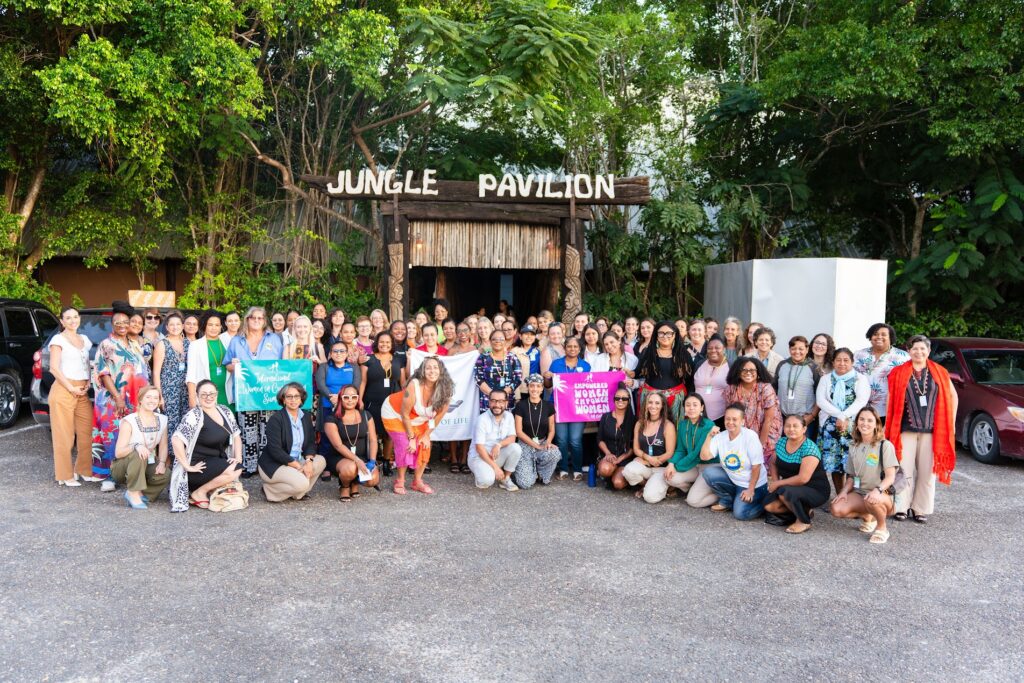
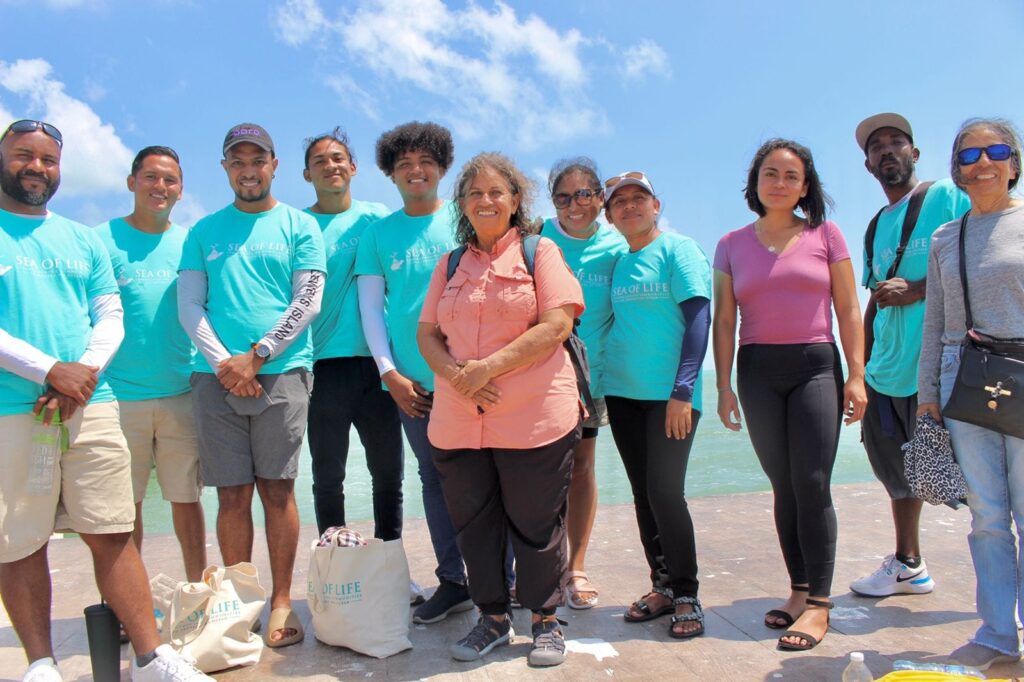
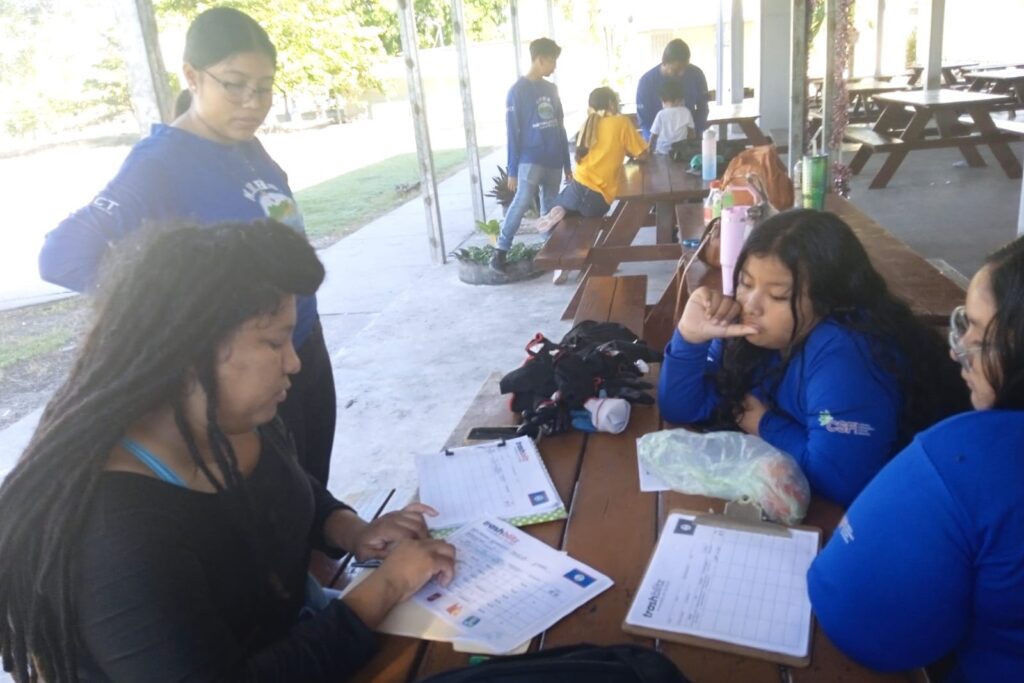
At Wesley College, the change is visible. Three more schools are next. And across Belize, more people are starting to see themselves as part of the solution.

